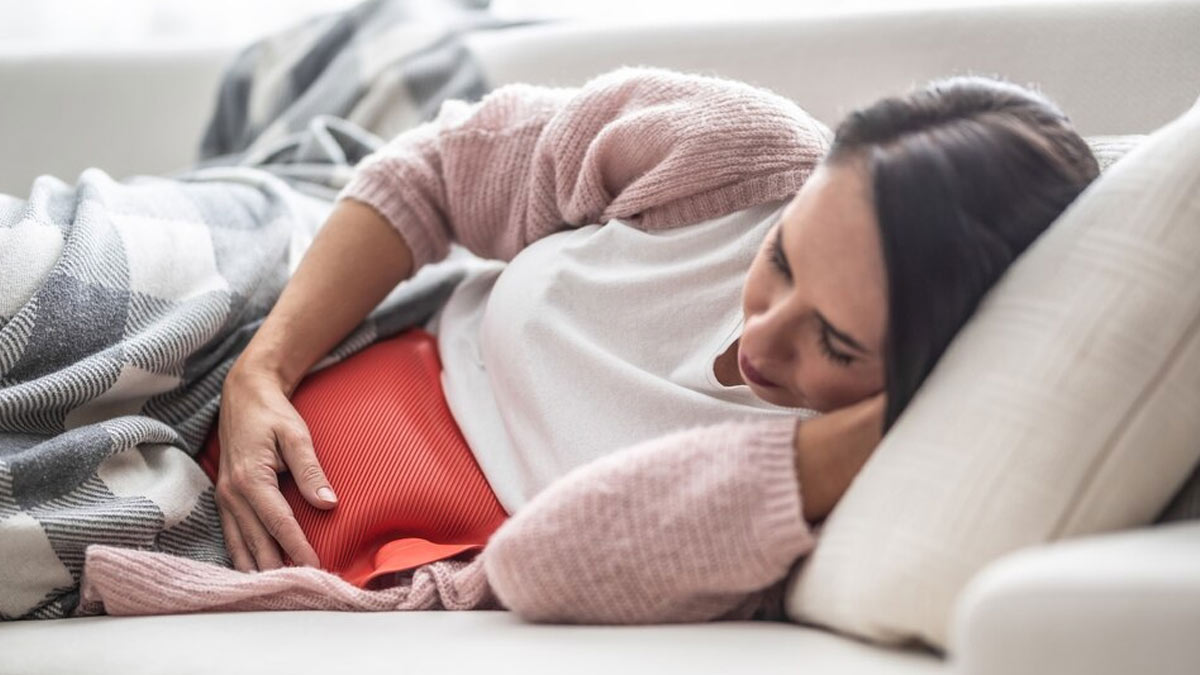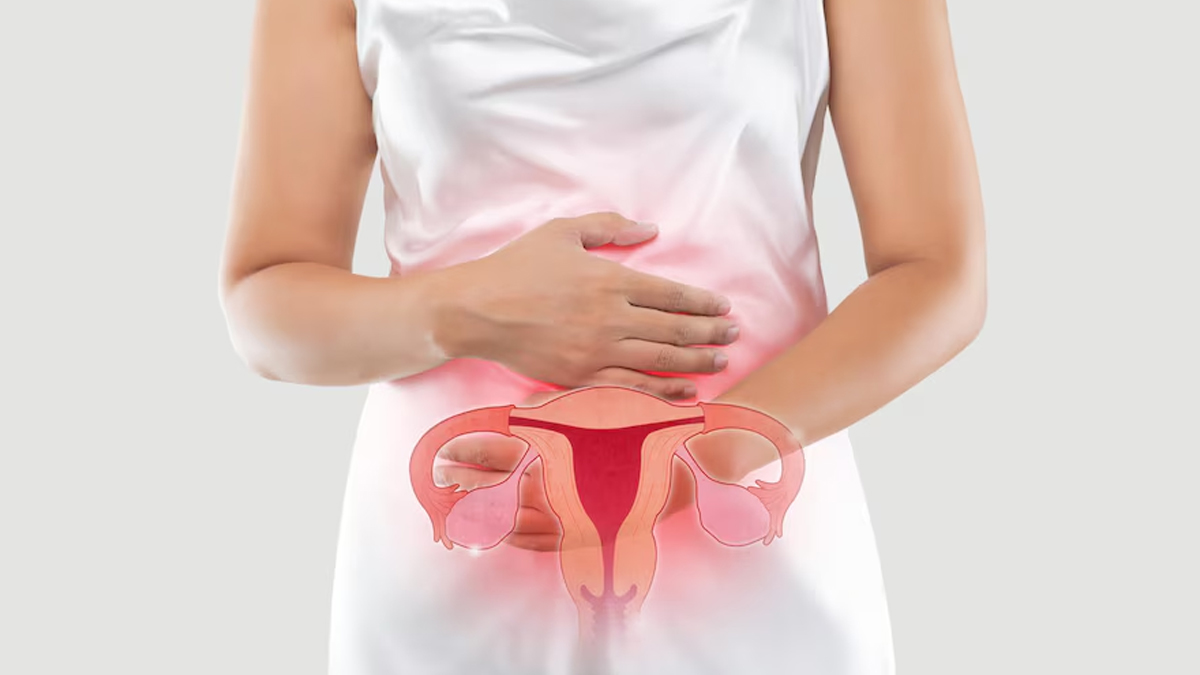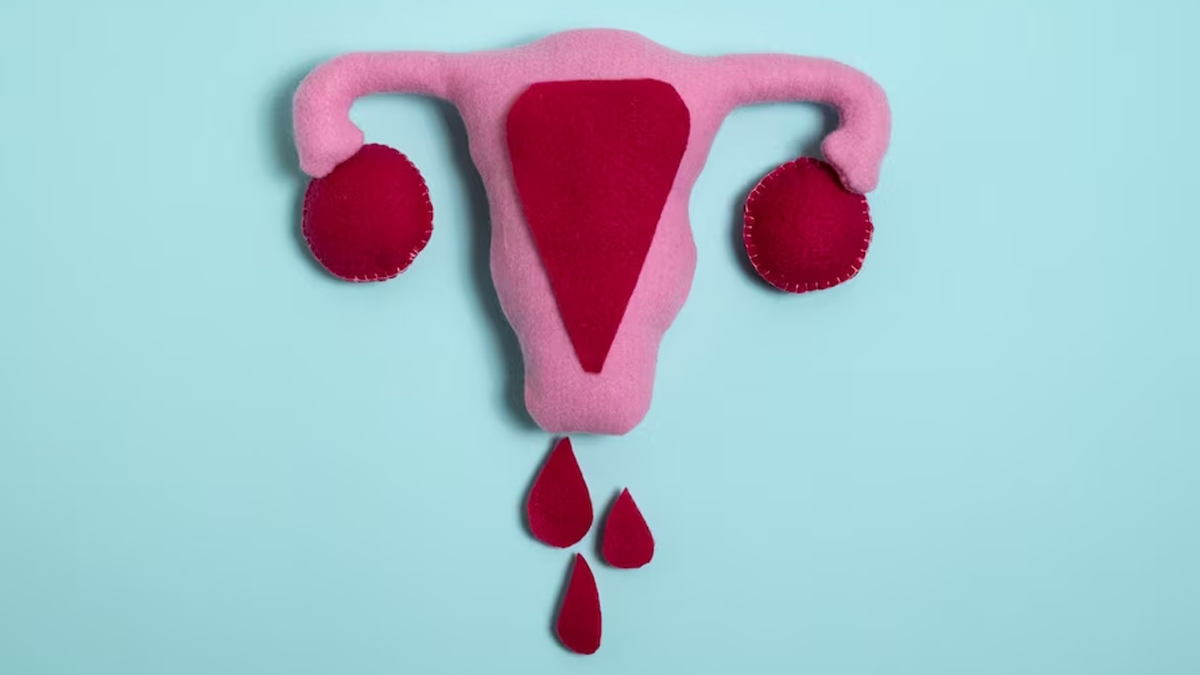
Periods don’t just come with cramps, mood swings, and back pain, but also food cravings. But you should be aware of what you binge on when on your period because not every food item can be healthy for you at this time of the month. During menstruation, the body undergoes hormonal changes that can influence cravings and digestion. While nourishing your body during this time is essential, certain foods can exacerbate symptoms and discomfort. Here's a guide to the worst foods to eat during your period and why you should avoid them for optimal menstrual health.
Table of Content:-
High-Sugar Foods
Foods high in sugar can cause blood sugar spikes and crashes, leading to mood swings, fatigue, and increased cravings. These are the foods you should avoid:
- Candy
- Sugary drinks
- Pastries
- Desserts

Salty Snacks
Excessive salt intake can contribute to bloating and water retention, worsening premenstrual symptoms. Here are some examples of salty snacks we often crave during periods:
- Potato chips
- Pretzels
- Salted nuts
- Processed snacks
Fatty Foods
High-fat foods can lead to inflammation and digestive discomfort, exacerbating cramps and bloating. Avoid these fatty foods for your menstrual health:
- Fried foods
- Fatty cuts of meat
- Creamy sauces
- Fast food
Caffeine
Caffeine can disrupt sleep patterns, increase anxiety, and exacerbate breast tenderness and cramps. These drinks contain high amounts of caffeine:
- Coffee
- Tea
- Energy drinks
- Caffeinated sodas

Dairy Products
Some women experience worsened cramps and bloating due to lactose intolerance or sensitivity to dairy during menstruation. Some common dairy products that you can avoid are:
- Milk
- Cheese
- Yoghurt
- Ice cream
Carbonated Beverages
Carbonated drinks can contribute to gas and bloating, leading to discomfort and abdominal distension. Avoid drinking soda, sparkling water, and carbonated soft drinks during your periods.
Spicy Foods
Spicy foods can irritate the digestive system and exacerbate gastrointestinal symptoms like diarrhoea or acid reflux. If you are a fan of spicy foods like spicy curries, hot sauces, chilli peppers, and spicy snacks, try to abstain when menstruating.
Alcohol
Alcohol can worsen mood swings, disrupt sleep, and contribute to dehydration, which can exacerbate cramps and fatigue. While a small glass of wine may seem tempting to relieve menstrual pain, try to avoid it as much as possible.
What to Eat Instead
While avoiding these foods can help manage menstrual symptoms, incorporating nutrient-rich foods can support overall menstrual health. Here are some recommendations:
- Whole Grains: Use brown rice, quinoa, and oats for sustained energy and fibre.
- Fruits and Vegetables: Choose fresh fruits and vegetables rich in vitamins, minerals, and antioxidants to support hormone balance.
- Lean Proteins: Include lean proteins like poultry, fish, beans, and tofu to promote muscle recovery and satiety.
- Healthy Fats: Incorporate sources of healthy fats such as avocados, nuts, seeds, and olive oil for hormonal regulation and satiation.
- Hydration: Drink plenty of water and herbal teas to stay hydrated and reduce bloating.
By making mindful choices and avoiding foods that can exacerbate menstrual symptoms, you can support your well-being during your period and promote a more comfortable and balanced menstrual experience. Listening to your body's cues and nourishing it with wholesome foods can make a significant difference in managing menstrual discomfort and promoting overall health.
Also watch this video
How we keep this article up to date:
We work with experts and keep a close eye on the latest in health and wellness. Whenever there is a new research or helpful information, we update our articles with accurate and useful advice.
Current Version